As part of our ongoing commitment to celebrating awarded competitive research projects we are pleased to announce a new monthly post that will provide information about recently awarded grants.
Faculty of Science and Technology
Project Title: Development of a tranining program for the improvement of quality of life of persons with alzheimer through “serious games”.
Principle Investigator: Ben Hicks
Project Description: Ben Hicks, Jan Wiener (Bournemouth University Dementia Institute and Psychology Department) and Wen Tang (Department of Creative Technology) will be working in collaboration with 5 European partners across Spain, Slovenia, Romania and Greece to develop and evaluate a training program that supports the use of ‘Serious Games’ for people living with Alzheimer’s Disease. The project has been funded by the European Commission Erasmus+ and will run for two years starting in September 2016. The research aims to work in collaboration with people living with Alzheimer’s Disease to develop ‘serious games’ and technological training that will promote their Quality of Life. The specific objectives of the study are:
- Create awareness and motivation about the importance and possibilities of “Serious Games” as a tool for improving Quality of Life.
- Inform and make available a selection of “Serious Games” that address the specific needs of people living with Alzheimer’s Disease.
- To train persons, families and professionals to use “Serious Games” as part of a therapeutic process.
- To create training packages that will enable people with Alzheimer’s Disease to explore the use of ‘Serious Games’.
- Increase the integration and social inclusion of people with Alzheimer’s Disease, through the participation of families in the use of “Serious Games” in domestic environments.
Project Title: Activities for schools and the general public, and continuation of research of the rare aquatic habitats inthe East Stoke area (Dorset).
Principle Investigator: Genoveva Esteban
Project Description: This project will enable the continuation of world-class research into the microbial communities of the rare aquatic habitats in the East Stoke area near Wareham (Dorset). The scientific community in general will benefit from this research through discoveries that will be published in specialised peer-reviewed journals. The project also aims at embedding outdoor activities into first and second schools’ Curriculum in order to;
- Improve children’s wellbeing
- Provide intellectual challenge
- Unleash the ‘scientist’ inside them
Other benefits are to inspire school children to have an interest in the life sciences; reveal the wondrous life of organisms hidden from the naked eye; and last but not least, to engage with the general public to highlight the importance of protecting natural aquatic habitats.
Faculty of Media & Communication
Project Title: 2016 Referendum Analysis: media, voters and the campaign
Principle Investigator: Dan Jackson
Project Description: We are very pleased to announce the publication of “EU Referendum Analysis 2016: Media, Voters and the Campaign”, edited by Daniel Jackson, Einar Thorsen (both BU) and Dominic Wring (Loughborough University).
Featuring 80 contributions from 100 leading UK academics, this publication captures the immediate thoughts, reflections and early research insights on the 2016 Referendum on UK Membership of the European Union from the cutting edge of media and politics research.
Published 10 days after the election, these contributions are short and accessible. Authors provide authoritative analysis of the campaign, including research findings or new theoretical insights; to bring readers original ways of understanding the referendum and its consequences. Contributions also bring a rich range of disciplinary influences, from political science to fan studies, journalism studies to advertising.
For more information on this project please visit the following BU Research Blog posts.
BU academics launch EU Referendum Analysis report within ten days of the vote
EU Referendum analysis report launched at Westminster
Faculty of Health and Social Sciences
Project Title: Understanding the barriers and facilitators to implement and embed a new procedure for nurses on good nutritional care in older people living in community settings.
Principle Investigator: Jane Murphy
Project Description: Dr Jane Murphy has been awarded a grant from the Burdett Trust to examine the issue of malnutrition in older people. Malnutrition continues to be a real problem for the UK’s ageing population, with more than 3 million people thought to be at risk. Around 93% of these are people living in the community, where it may be harder for health professionals to spot and diagnose malnutrition.
The aim of this new 18 month study is to develop a new procedure to help community nurses to deliver good nutritional care in the community. The team intend to deliver training to embed this new procedure and evaluate its success and any barriers or enablers for its implementation.
The project is a collaboration between Bournemouth University, the Wessex Academic Health Science Network (WAHSN) and Southern Health NHS Foundation Trust. The team aim to work with the local community – both older people and nursing staff – to carry out their research.


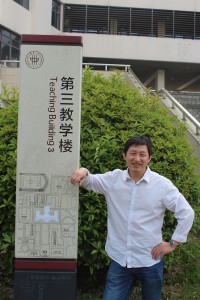
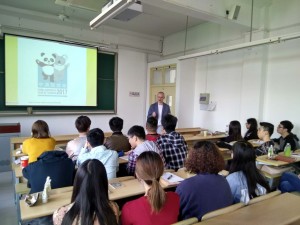
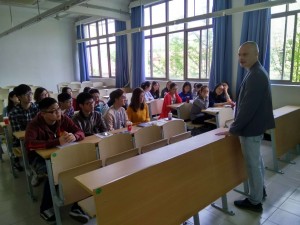


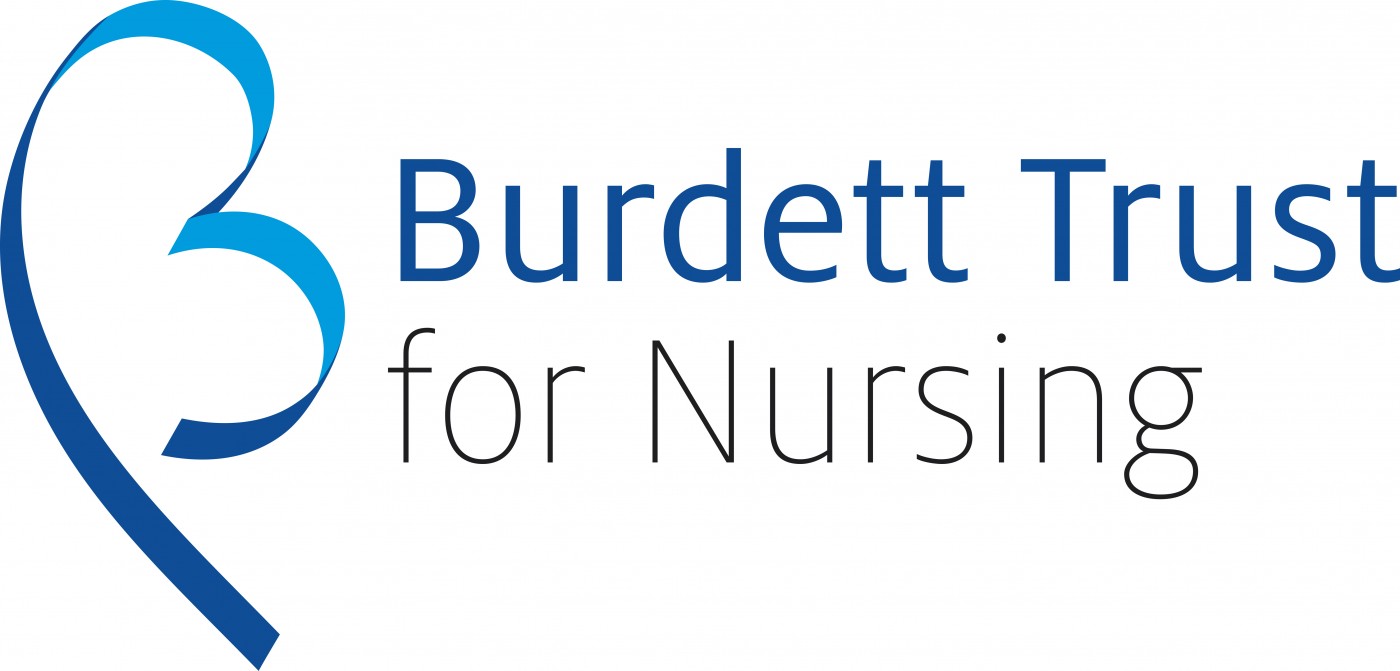

 The next Researchfish submission period will run in February/March 2017. The key dates and policies for the 2017 exercise are detailed below…
The next Researchfish submission period will run in February/March 2017. The key dates and policies for the 2017 exercise are detailed below…
 We’ve been informed by RCUK that the next Researchfish submission period will run in February/March 2017. The key dates and policies for the 2017 exercise are detailed below…
We’ve been informed by RCUK that the next Researchfish submission period will run in February/March 2017. The key dates and policies for the 2017 exercise are detailed below…



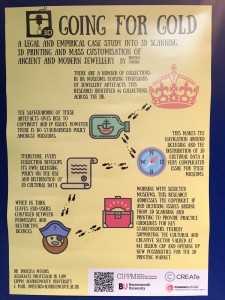












 Second NIHR MIHERC meeting in Bournemouth this week
Second NIHR MIHERC meeting in Bournemouth this week Dr. Ashraf cited on ‘Modest Fashion’ in The Guardian
Dr. Ashraf cited on ‘Modest Fashion’ in The Guardian NIHR-funded research launches website
NIHR-funded research launches website MSCA Postdoctoral Fellowships 2025 Call
MSCA Postdoctoral Fellowships 2025 Call ERC Advanced Grant 2025 Webinar
ERC Advanced Grant 2025 Webinar Horizon Europe Work Programme 2025 Published
Horizon Europe Work Programme 2025 Published Horizon Europe 2025 Work Programme pre-Published
Horizon Europe 2025 Work Programme pre-Published Update on UKRO services
Update on UKRO services European research project exploring use of ‘virtual twins’ to better manage metabolic associated fatty liver disease
European research project exploring use of ‘virtual twins’ to better manage metabolic associated fatty liver disease